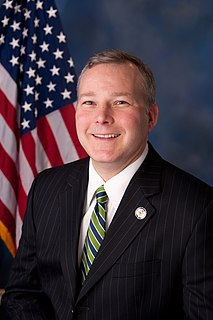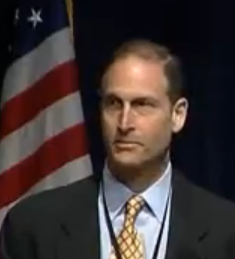A Quote by John Roberts
The Affordable Care Act's requirement that certain individuals pay a financial penalty for not obtaining health insurance may reasonably be characterized as a tax.
Related Quotes
We have health insurance companies playing a major role in the provision of healthcare, both to the employed whose employers provide health insurance, and to those who are working but on their own are not able to afford it and their employers either don't provide it, or don't provide it at an affordable price. We are still struggling. We've made a lot of progress. Ten million Americans now have insurance who didn't have it before the Affordable Care Act, and that is a great step forward.
The Affordable Care Act is a huge problem. [Repealing the ACA is] going to have huge implications. We have millennials that live in Boston that are on their parents' health insurance. The businesses have hired them and have been able to hire more people because they have been able to be on their own health insurance. We have seniors in our city who have preexisting conditions, or something called a "donut hole," which is a prescription drug [gap] in Medicare. Whatever changes they make could have detrimental effects on people's health care, but also on the economy.


































